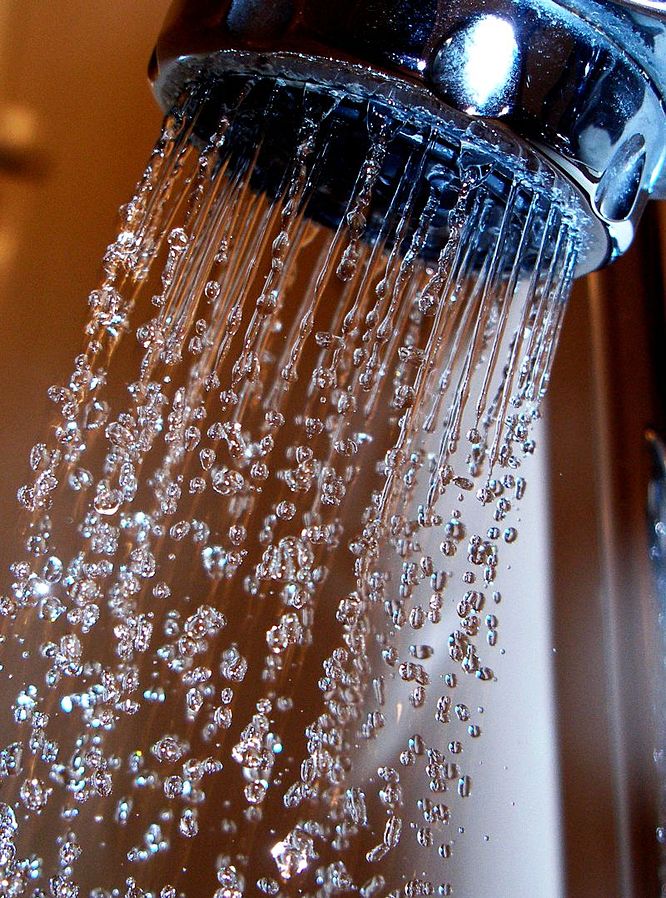Government has an opportunity to take bold action to help secure drinking water, mitigate against the impact of climate change and change society’s perception of the value of water.

Earlier this month a crucial consultation by the Department for Environment, Food and Rural Affairs on reducing consumption ended.
Research has found introducing a mandatory label on all water-using products – such as taps, showers and white goods – could reduce household water use by 31 litres over 25 years.
The label, similar to those for energy use, will help consumers choose water-efficient products and drive innovation in the market, with manufacturers making their goods increasingly efficient.
The case for change is clear. Earlier this year, Environment Agency chair Sir James Bevan warned of the UK facing the “jaws of death” – the point where demand outstrips supply – within 25 years.
The National Infrastructure Commission warned that the cost of emergency drought options could be as much as £40 billion and found that a third of the extra water we need can be secured through reducing demand.
More immediately, parts of the UK have less freshwater available per person than parts of Morocco.
Hotter summers, followed by drier winters, mean the chances of temporary restrictions are increasing – as we nearly experienced in places this year.
Water companies have a huge role to play, and aren’t shying away from their responsibilities. The sector has committed to reducing leakage by 15 per cent over the next five years – with many companies going further.
Southern Water is committed to an industry-leading programme – Target 100 – to support, educate and incentivise our customers to reduce average personal use to 100 litres per day by 2040.
This is building on our industry-first universal metering programme – which helped our customers reduce their consumption by 16 per cent and means they’re consistently among the most water-efficient in the country.
Metering allowed us to provide more support for our customers through tailored water efficiency visits – with each household saving more than 30 litres a day as a result.
This has an impact on customers’ bills – not just for water but energy bills too. A report by the Green Alliance in 2015 found ambitious water efficiency could reduce household bills by £80 a year.
We want to see this link given much greater recognition. When the Future Homes Standard was announced in March 2019, the then Chancellor said that it would “future proof” new-build homes with “world-leading levels of energy efficiency” with no mention of water.
This is despite the National Infrastructure Commission’s report warning of the costs of emergency measures having been published the year before, the Committee on Climate Change’s report into what future homes should look like – including water efficiency – having been published the month before and the “Spring Statement” being just a week before Sir James Bevan’s “jaws of death” speech.
Alongside water labelling, the most effective action government could take is to introduce tighter minimum standards for new homes. The current minimum outside of water-stressed areas of 125 litres per person per day is too high.

The Committee on Climate Change predicts water shortages will not be confined to the south east but will be felt in Yorkshire and the Humber. Regional differences should be scrapped with all new homes built to much tighter standards.
However, around 80 per cent of the homes still standing in 2050 have already been built. This is where interventions like labelling, increased metering, linking water and energy efficiency and national communications campaigns are essential.
Water companies and other stakeholders will play crucial roles in all of these but government leadership, ambition and – most importantly – action is needed.
Thankfully, the government is listening and the recently closed consultation on measures to reduce personal water could lead to some ambitious proposals enacted through the Environment Bill when it comes before Parliament.
We agree that government should only intervene when necessary. It’s necessary now.
Ben Earl is the water efficiency manager at Southern Water.







